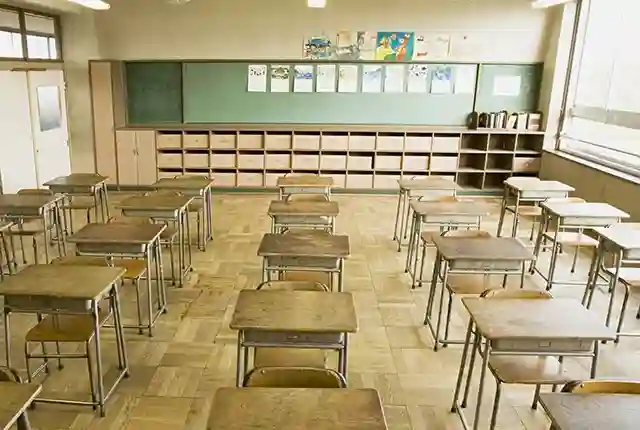About 840 000 Zimbabwean schoolchildren have stopped going to school since 2020 following the outbreak of COVID-19, a report by the United States of America Embassy in Zimbabwe claims.
According to the US embassy report on the 2021 state of human rights in Zimbabwe, released on Wednesday this week, hundreds of thousands of children of school-going age are involved in tobacco farming, artisanal mining, street vending and prostitution. The report said:
Non-governmental organisations (NGOs) estimated 840 000 children dropped out of school during the COVID-19 pandemic. Many joined the informal workforce.
Children participated in hazardous activities or other forms of child labour in subsistence agriculture, growing sugarcane and tobacco (the latter cited by NGOs as posing adverse health effects for child workers), domestic service, street begging, informal trading, artisanal gold mining, and sex work.
Working children often faced hazards to their health and safety as they lacked necessary occupational safety equipment and training.
The report also said the Public Service and Social Welfare ministry failed to enforce the provisions of the Constitution to put to an end child labour during the COVID-19 pandemic. It said:
The lack of free basic education for children increased the prevalence of child labour.
The Department of Social Welfare in the Ministry of Public Service and Labour is responsible for enforcing child labour laws, but the department did not effectively enforce the laws.
Penalties were not commensurate with those for comparable serious crimes.
However, both the Public Service and Social Welfare Minister Paul Mavima and Primary and Secondary Education ministry spokesperson Taungana Ndoro dismissed the report saying the figures were “highly inflated” to suit the United States of America’s hostile agenda against Zimbabwe.

